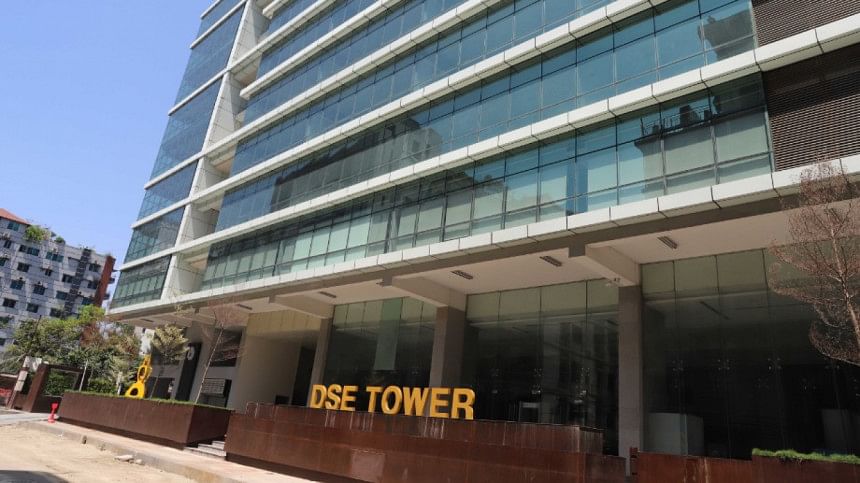Economy grew, but stocks left in the dust

Over the past 15 years, the country's economy presented a number of marvels, including over 6 percent growth on an average per annum. But, its stock market showed a sharp contrast: sluggish, dry and in decline.
Why has this disparity dragged on?
According to experts, the capital market failed to attract and accommodate the key growth engines and drivers of the economy -- readymade garment manufacturers earning millions of dollars in merchandise exports and the remittance-receiving families eligible for capital investment.
"Therefore, the market behaved just the opposite of economic growth," said a top official of a leading merchant bank on condition of anonymity.
The consequences of this mismatch were severe.
Investors, except the manipulators, found little reason to celebrate. Many left the market, including foreign investors, while institutional investors remained hesitant to inject new funds into equities.
From just $11 billion in 2010, inward remittances surged to over $22 billion in 2023, according to the central bank. Similarly, export earnings reached over $40 billion in fiscal year 203-24 from $14 billion in fiscal year 2009-10.
These figures indicate a substantial inflow of funds and a growing pool of individuals with disposable income possibly seeking investment opportunities.
Against such a backdrop, the market consistently experienced low turnover, with exceptions during the bubbles of 2010 and 2021. As a result, stock market intermediaries -- merchant banks and brokerage firms -- also faced a tough time and wrestled to stay afloat.
Even as global indices recovered from the pandemic blues and the Ukraine-Russia war fallout and reached new heights, local stock market investors remained largely unimpressed.
The leading merchant bank official said most of the companies got listed in the past 15 years when they faced challenges in accessing bank credit due to their deteriorating health.
Meanwhile, Kazi Monirul Islam, chief executive officer of Shanta Asset Management, believes major reasons included the limited number of high-quality investable companies and the underdeveloped nature of institutional investors.
Islam said he invited several foreign investors to invest in the market, but they said that there was a lack of good companies and the liquidity situation was tight.
"It's a big gap for the market," he said.
Bangladesh's savings rate is on the rise, but people are going to banks for fund deposit rather than investing in the stock market due to the inadequate returns generated by asset managers.
"Overall, a lack of good governance is a major issue which has contributed to the market's sluggishness," he added.
In 2010, the average turnover of the Dhaka Stock Exchange (DSE) was Tk 1,643 crore, which is still the highest. In 2021, the average turnover crossed Tk 1,400 crore-mark.
Except for the two years, the turnover never crossed Tk 1,000 crore-mark. In 2023, it was merely Tk 578 crore.
In 2010, the premier bourse's the then major index DSE General Index (DGEN) soared to 8,918 points. Later, it started to fall.
In 2013, the bourse launched the benchmark Dhaka Stock Exchange (DSEX) index. After the launch, it soared to above 7,300 points in 2021. But the index was above the 7,000-point level for only a few days.
At present, the index is hovering around 5,500 points.

 For all latest news, follow The Daily Star's Google News channel.
For all latest news, follow The Daily Star's Google News channel. 



Comments